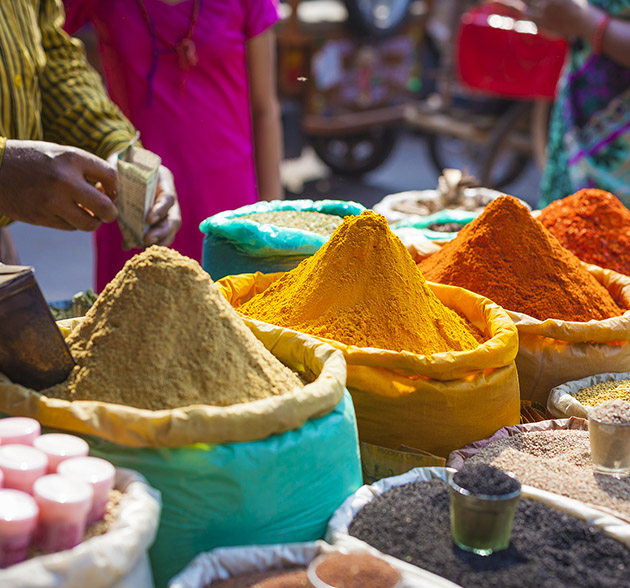

Food is more than just sustenance; it is a reflection of culture, history and identity. The culinary traditions of a society often reveal its values, beliefs, and social structure. In this blog, we will explore how food reflects societies around the globe, highlighting the rich tapestry of flavors and traditions that make each culture unique.
Cultural Significance of Food
In many cultures, food plays a central role in social gatherings, religious ceremonies, and rites of passage. The types of foods eaten, the way they are prepared, and the customs associated with sharing meals can provide insights into a society's cultural heritage and values.
Historical Influences
Food can also reflect the historical influences that have shaped a society. For example, the spices used in Indian cuisine reflect the country's history of trade with other cultures, while the use of rice in many Asian countries reflects the importance of agriculture in those regions.
Social Structure and Identity
Food can also be a marker of social structure and identity within a society. In some cultures, certain foods are reserved for special occasions or for specific social classes, reflecting the social hierarchy. Food can also be a way for people to express their cultural identity and heritage, even if they live far from their ancestral homelands.
You might also be interested in The Importance of Cultural Knowledge in Translation: Bridging the Language Barrier
Globalization and Fusion Cuisine
In an increasingly globalized world, culinary traditions are evolving as different cultures interact and influence each other. This has led to the rise of fusion cuisine, where traditional dishes are reinterpreted with new ingredients and cooking techniques. This trend highlights the dynamic nature of food and its ability to adapt to changing cultural landscapes.
Conclusion
Food is a powerful lens through which to view and understand different societies around the globe. By exploring the culinary traditions of different cultures, we can gain a deeper appreciation for the diversity of human experience and the ways food shapes and reflects our identities, histories and values.
















